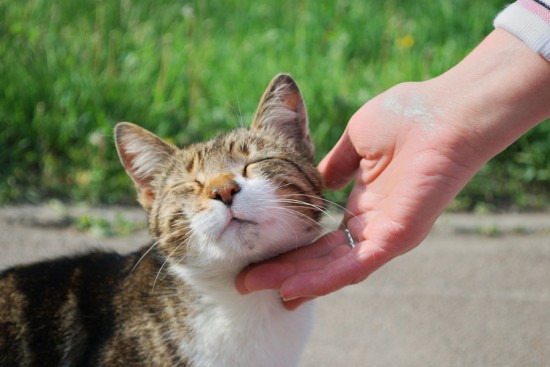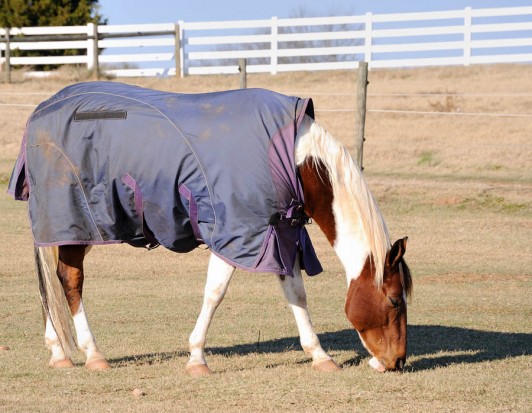
You have become experienced at breeding turkeys at home, you know you have to keep them warm, make sure they don't get diarrhea and have all the proper food, now, you'd like to learn how to breed turkeys at home. It's not difficult, but you will have to have mature turkeys, a good turkey house plans, proper nesting procedures, and understand pecking orders.
It's best if you house your turkeys over three to four months, perhaps the winter, altogether so they can discover their own pecking order. Your ratio of males to females, doesn't have to be exact as one male turkey can service several hens. Once you start to see your male turkeys fluffing their feathers, preening, and gobbling as well as strutting their stuff, the females will become ready to mate. This is where you will start to see males fighting males; they have to win the right to mate. This is where your breeding turkey journey begins.
You will find that your most dominant turkeys will have the right to breed, while the others are relegated to grabbing a hen when the others aren't looking. If you have enough males, all females will breed as a rule, so you can expect eggs out of each female to be fertile.
Once the females have been mating for a while, they will begin to lay eggs in their nests. You need a nest large enough for the turkey hen to be comfortable, and yet protective. They will lay eggs either every day, or possibly every other day over a period of a week or so. She will then incubate her own eggs by sitting on the nest. Or you can take the eggs away and incubate them in an incubator that is specifically for turkey eggs. It takes about four weeks for turkeys to hatch, and then you can either put them back in with their mother if she will accept them, or raise them as you usually do.
Mother turkey hens are especially suited to raising babies if they are given enough space, food and shelter. The males do not play a part in taking care of the baby turkeys, so if you want, you can then remove the males from the turkey house. If you've been raising turkey babies for a while, you will definitely enjoy the prospect of breeding turkey yourself. You'll find that they take care of most of the mating themselves, and you just get to enjoy watching the babies hatch and grow up. There is a variety of different types of facilities you can get for housing turkeys, or you can build it yourself. Just make sure there aren't any corners for baby turkeys to pile up in, keep it climate controlled, give her a nesting box she likes, and make sure the males and females have become a flock of turkeys before the breeding season.
Andrew Grey is the author of "The Essential Beginners Guide To Raising Turkeys". If you would like to learn the right way of breeding turkey easily the first time from experience people who have raised more than 250,000 turkeys and avoid deadly and costly mistakes, find out more at: www.howtoraiseturkeys.com
 How To Bond With Your Cat
How To Bond With
How To Bond With Your Cat
How To Bond With
 Buying A Pedigree Puppy - What Paperwork Should You Have?
Buying A Pedigree
Buying A Pedigree Puppy - What Paperwork Should You Have?
Buying A Pedigree
 Electric Shock Collars For Dogs Good Or Bad?
Electric Shock Co
Electric Shock Collars For Dogs Good Or Bad?
Electric Shock Co
 Winter Horse Feeding & Rugging - What To Consider
Winter Horse Feed
Winter Horse Feeding & Rugging - What To Consider
Winter Horse Feed
 Some Frequently Asked Questions About Cushing’s Disease And Cushing’s Syndrome In The Dog
Some Frequently A
Some Frequently Asked Questions About Cushing’s Disease And Cushing’s Syndrome In The Dog
Some Frequently A
Copyright © 2005-2016 Pet Information All Rights Reserved
Contact us: www162date@outlook.com